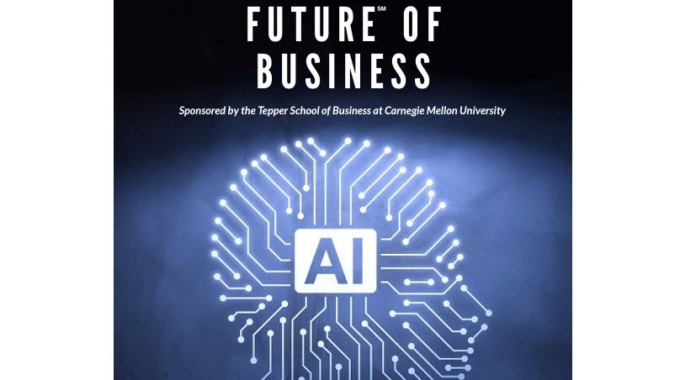Surveys are an important tool for researchers, but they have their limitations. They provide a snapshot of respondents’ thinking at a single point in time. Such snapshots don’t tell a complete story, and as recent failures in political polling attest, survey results can be misleading or hide important trends and sentiments.
UNU, the new collective intelligence platform from Unanimous A.I., takes a different approach to gathering insights from groups by opening a window onto the journey people take when making choices together. Rather than collecting independent data points from the members of a population, UNU enables a population to form a “real-time swarm” that answers questions together as a unified and intelligent system. By enabling a group’s “collective intelligence” to emerge in this way, UNU empowers groups to provide deeper insights and better estimates than they would as individuals.
Consider this example: In the midst of this year’s NHL Conference Finals, we posed a question to a target group – “Who is the highest impact player of the final four teams?” The respondents provided a set of choices via UNU’s “suggestion mode”: Jonathan Toews (Chicago), Derick Brassard (New York), Nikita Kucherov (Tampa Bay) and Corey Perry (Anaheim). (Gary Bettman, the commissioner of the NHL, was also suggested, as either a lighthearted or cynical choice.) The group then selected their preferred choice by working together as a real-time synchronous swarm:
Watching the replay and analyzing the UNU session data, we don’t just get a final answer but see the journey this “human swarm” takes in coming to its decision. The data also highlight why the snapshot view provided by surveys fall short in capturing valuable insights from groups.
If the question were posed in a survey, attention would focus — and remain — on respondents’ initial opinions only. Researchers would likely point to Perry as the group’s answer as he receives a plurality of the attention at the outset. The UNU replay, however, shows the swarm quickly discarding Perry as it continues its “debate” of the issue. By 20 seconds, Perry’s early supporters have shifted to Toews, Brassard and Kucherov as they seek common ground. At 42 seconds, the majority has selected Kucherov with only stalwarts holding out for Brassard and Toews. A survey would have missed the fact that Perry’s support was fragile in relation to the alternatives.
Moreover, by forming a swarm, these hockey fans pooled their individual intellects to “think together” and found an answer that turned out to be more accurate than their initial individual opinions. Examining the statistics over the course of the Stanley Cup Playoffs, Kucherov was first among the four players in point production (Perry was third). Kucherov was also first in assists and tied for first with Perry and Toews in goals, but with two game-winning goals. Of the four players considered, the selection of Kucherov as “the most impactful player” was indeed accurate. More accurate than survey results – or any single participant acting on their own – would have predicted.
If you are interested in learning more about UNU or how you can participate in a “human swarm”, join the Unanimous A.I. Beta program.


